Thailand's election has been a shock for reformists, but the future of politics depends on their ability to form a coalition government .
Opposition parties that advocate reform and oppose military influence are gaining an overwhelming advantage in Thailand's general election on May 14. With 99% of votes counted, the Move Forward and Pheu Thai parties have won an overwhelming majority and are expected to usher in a new era in Thai politics.
The Move Forward Party, founded in 2020, surprised everyone by winning 150 seats in the House of Representatives, while the Pheu Thai Party, closely linked to the Shinawatra political family, came in second with 142 of the 500 seats in the House of Representatives.
The Bhumjaitai Party came in third in the general election with 70 seats. The United Thai Nation Party of incumbent Thai Prime Minister Prayut Chan-ocha came in fifth with 36 seats. If Move Forward and Pheu Thai join hands, they will have a great chance of forming a ruling coalition.
Move Forward Party leader Pita Limjaroenrat, 42, said on May 15 that he was ready to form a coalition with Pheu Thai, but still aimed to become prime minister. Meanwhile, Paetongtarn Shinawatra, daughter of former Prime Minister Thaksin and one of Pheu Thai's three prime ministerial candidates, said it was too early for the parties to discuss forming a coalition government.
"We are ready to talk to Move Forward. However, everyone is waiting for the official election results. I am very happy for your party. We can work together," Paetongtarn Shinawatra said, but also acknowledged that the party with the most votes should retain the right to lead the country.

Pita Limjaroenrat, leader of the Move Forward party and prime ministerial candidate, stands among supporters at an event on May 12 in Bangkok. Photo: AFP
Support for Move Forward has surged ahead of the general election as the party pushes a radical reform message, pledging to reduce the role of the military in the political system and relax lese majeste laws, which have been criticised as a tool to control public dissent.
The lese majeste law was vigorously enforced by the military government, then the elected government of Prime Minister Prayuth Chan-ocha, since the 2014 military coup. Article 112 of the Thai Penal Code stipulates a prison term of three to 15 years for anyone found to have "defamed, insulted or threatened the king, queen, crown prince or crown princess".
Pheu Thai, a party closely linked to former Prime Minister Thaksin Shinawatra, who was ousted in 2006, still enjoys strong support among working-class voters. However, Pheu Thai has not committed to amending the lese majeste law, only promising to bring it up for discussion in parliament.
Observers say this is one of the reasons why Ms. Paetongtarn lost many votes from young voters to Move Forward.
Thanks to its radical reform platform, Pita Limjaroenrat's Move Forward party won almost all 33 parliamentary seats representing the capital Bangkok, a result that even the most optimistic party members could hardly have imagined before May 14.
"Pheu Thai chose the wrong tactics. They played on the populist front, but this was unnecessary because they already had a sure win. Move Forward bet bigger with its commitment to constitutional reform. This is the new battlefield of Thai politics," said Thitinan Pongsudhirak, a political scientist at Chulalongkorn University in Bangkok.
According to Mr. Thitinan, the negotiation process in the next few weeks between factions in Thai politics to choose a new prime minister will decide whether the gamble of Pita Limjaroenrat and the Move Forward party is successful or not.
Thailand's parliament will convene in July, where the 500 newly elected members of the House of Representatives will join 250 senators appointed by the military government to choose a new prime minister and form a government.
Each party that wants to nominate a prime minister needs at least 25 seats in the House of Representatives. The new Thai prime minister will need at least 376 votes in both houses.
Thailand’s 250 junta-appointed senators are likely to vote for a military-friendly candidate. Even if Move Forward and Pheu Thai join forces, they will only secure 292 votes for their joint prime minister nominee.
This means that parties with more modest numbers of votes like Bhumjaitai could play a decisive role in Thai politics in the coming weeks.
To secure victory, Move Forward will have to negotiate with Pheu Thai about the possibility of forming a ruling coalition, while also hoping to convince some pro-military senators to switch their support.
The Pheu Thai Party had a bitter run in the 2019 election. It won the most seats in the House of Representatives but failed to form a government. Prayuth, the former army chief who staged a coup in 2014, was eventually elected prime minister after negotiating a 19-party coalition led by the military-backed Palang Pracharath Party.
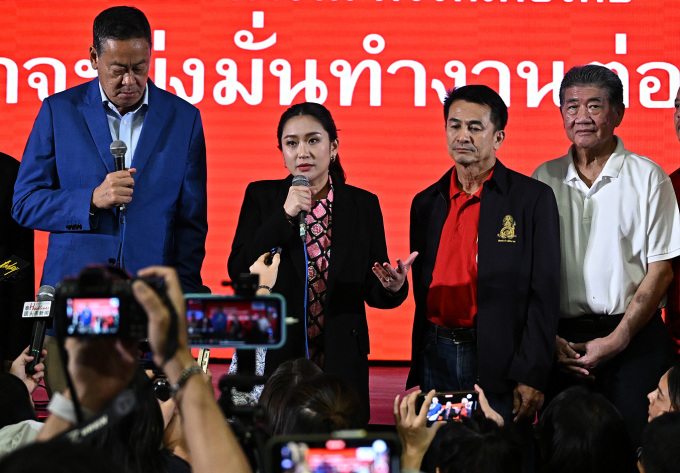
Ms. Paetongtarn Shinawatra (second from left), prime ministerial candidate of the Pheu Thai Party, speaks in Bangkok on May 14. Photo: AFP
Saowanee T. Alexander, a professor at Ubon Ratchathani University in northeastern Thailand, said the shocking results of this general election showed that the Thai people wanted real change after nine years of the military ruling in various forms.
However, Alexander warned that Thai politics is still "very unpredictable" as the Election Commission (EC) holds great power and can unilaterally change the situation.
The EC will release the official results of the vote count and the number of seats each party has won in the House of Representatives in a few weeks. In the meantime, it will deal with a complaint filed by Palang Pracharath Party candidate Pita Limjaroenrat, filed just before the general election, accusing him of not fully declaring his assets when he ran for office.
The complaint was also filed with the National Anti-Corruption Commission (NACC), which is also dominated by the military and has conducted an investigation into former Prime Minister Yingluck Shinawatra. The Move Forward leader has insisted that he has done nothing illegal, saying his opponents are exaggerating the seriousness of what is essentially a procedural matter.
Thanathorn Juangroongruangkit, leader of the Future Forward Party, the predecessor of the Move Forward Party, had similar legal troubles with the EC after the 2019 election. The Thai Constitutional Court suspended Thanathorn as an MP ahead of the parliamentary session to elect a prime minister, then ruled to dissolve the Future Forward Party for violating election laws in early 2020.
Observers fear a repeat of the 2019 scenario. The military may try to prevent reformists from taking power in Thailand, including by staging a new coup, although army chief Narongpan Jitkaewthae dismissed that prospect last week.
Susannah Patton, director of the Southeast Asia program at the Lowy Institute in Australia, said the general election results clearly demonstrated the desire for change among Thai voters and that the country's politicians would find it difficult to ignore.
"The lesson of the past 20 years of Thai politics is this: If someone tries to nullify the election results, the country will inevitably sink deeper into instability and polarization," Patton warned.
Thanh Danh (According to Channel NewsAsia, Al Jazeera, AP )
Source link


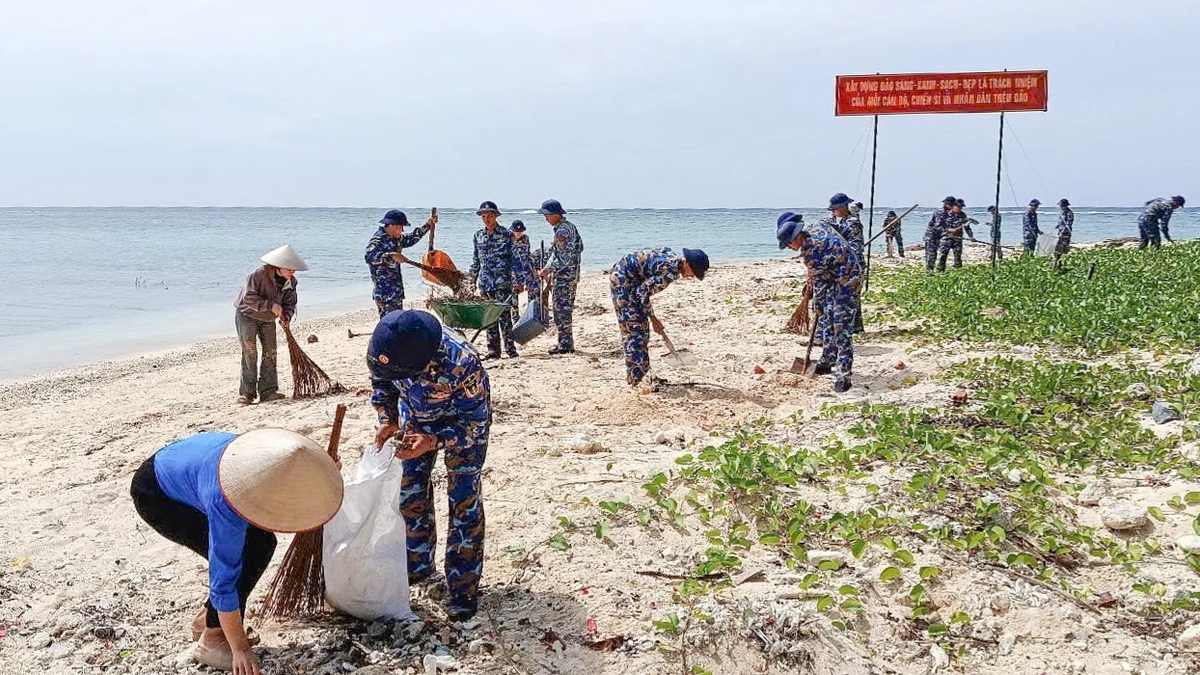
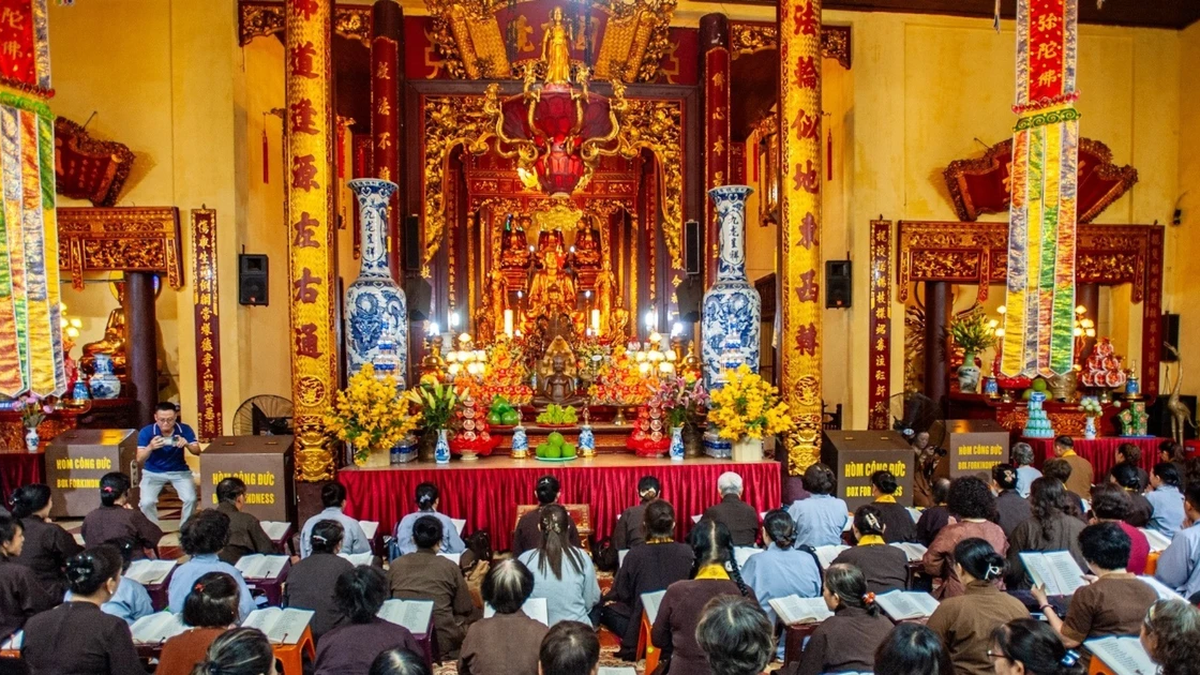


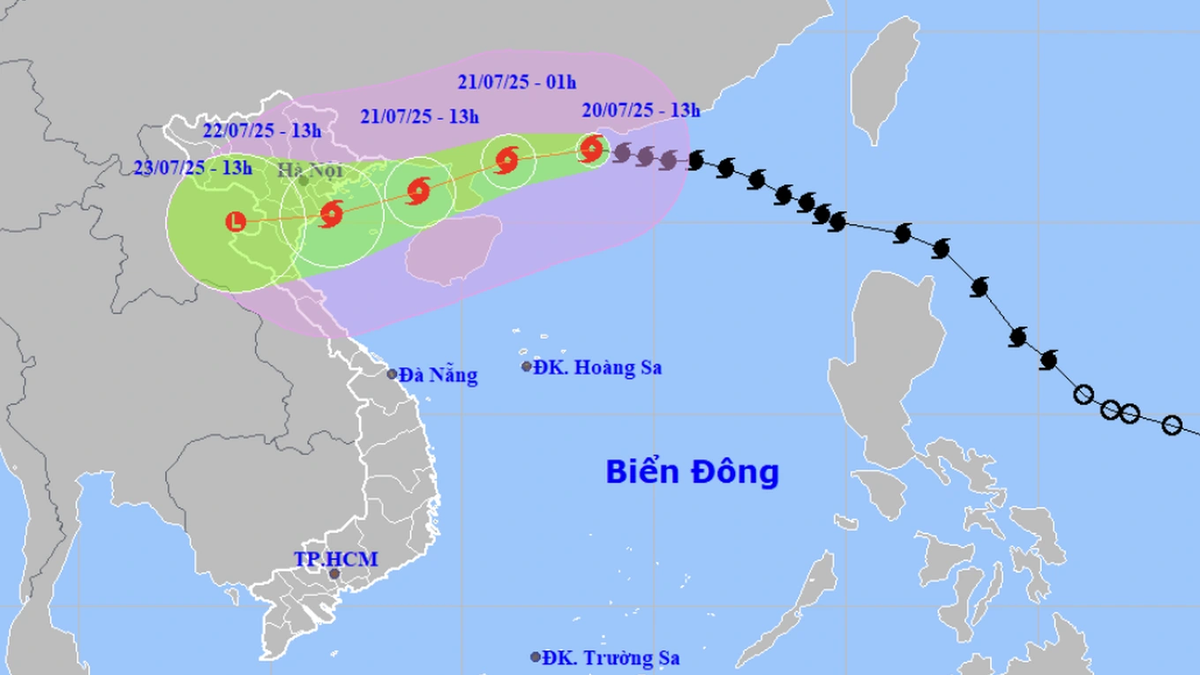



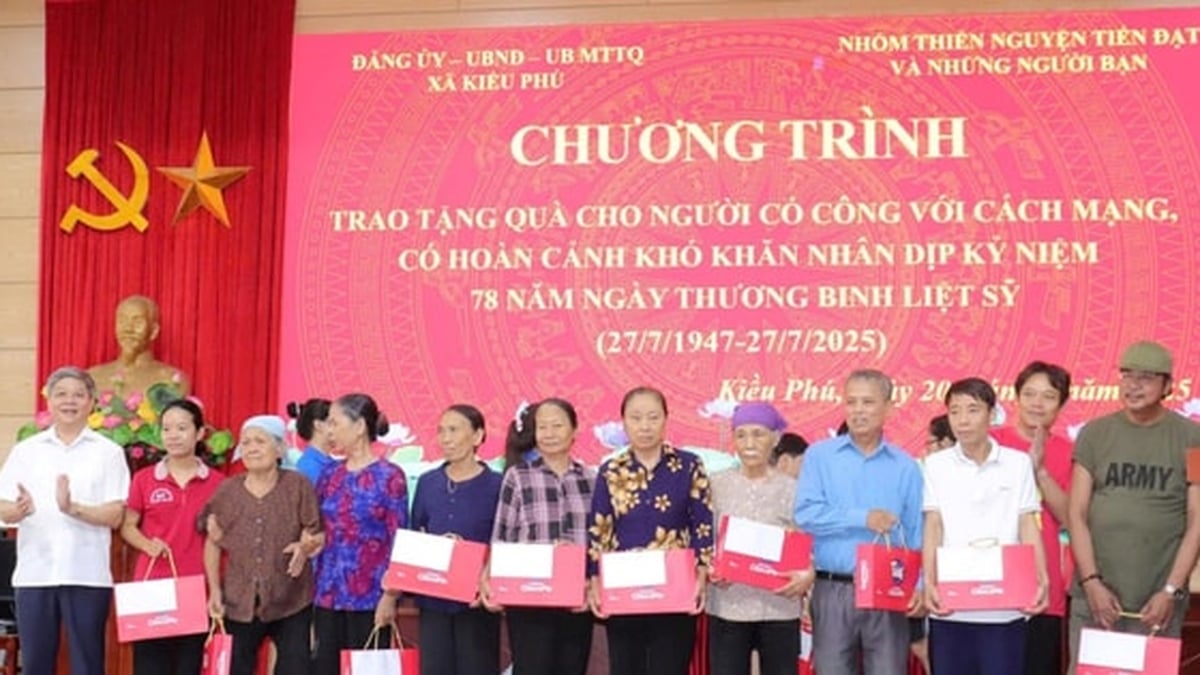


















![[Photo] National Assembly Chairman Tran Thanh Man visits Vietnamese Heroic Mother Ta Thi Tran](https://vphoto.vietnam.vn/thumb/1200x675/vietnam/resource/IMAGE/2025/7/20/765c0bd057dd44ad83ab89fe0255b783)





































































Comment (0)